Bronchiolitis and RSV Easy Read RAG
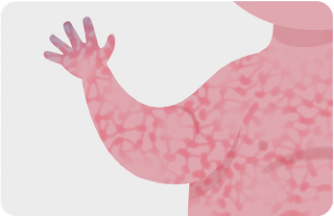
Red - If your child:
Is pale with patchy coloured skin that feels cold when you touch it.
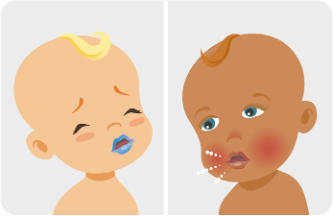
- Has gaps in their breathing of more than 10 seconds
- Or makes a strange grunting sound each time they breathe out
- Or they have blue lips
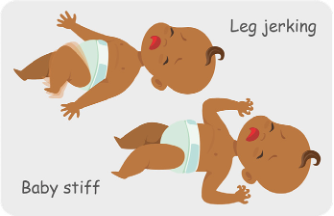
Has a stiff body or keeps making jerking movements that don’t stop when you hold them.
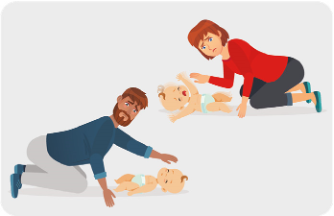
- Is crying and won’t stop
- Is confused
- Very difficult to wake up
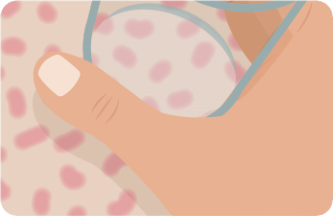
Gets a rash that does not go away when you press on it. Press the bottom of a glass on the rash to see if it disappears.
You need urgent help.
Go to the nearest Hospital A&E Department or phone 999.
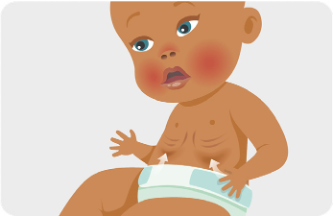
Amber - If your child:
Has difficulty breathing, including breathing fast all of the time; widening their nostrils; or pulling in their tummy muscles when breathing
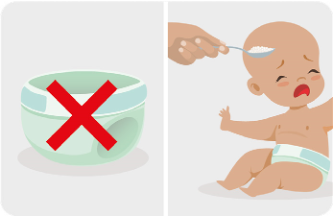
- Not interested in feeding
- Has a dry mouth
- Has sunken eyes
- Is sleepy
- No wet nappies in the last 8 hours
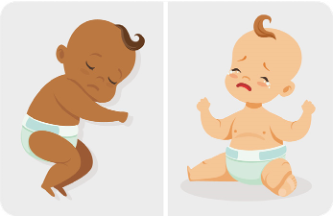
Is becoming overly sleepy or upset and you are unable to settle them with toys, TV, food or cuddling – especially if they stay this way when their temperature is coming down.
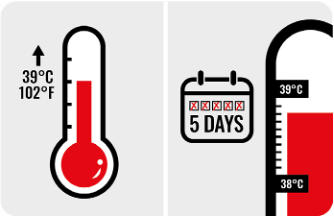
Is 3 to 6 months of age with a temperature of 39°C / 102.2°F or above. (If they’ve had their routine injections in the last 2 days - then give paracetamol or ibuprofen but if the temperature does not come down within 30 minutes get help)
or
is 3 months of age or older and has a fever of 38°C / 100.4° or above for more than 5 days.
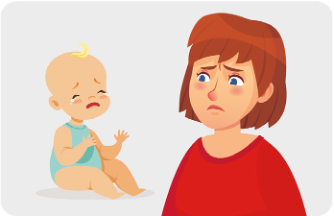
Is getting worse or if you are worried.
You need to contact a doctor or nurse today.
Please ring your GP surgery or call NHS 111 - dial 111 If symptoms continue for 4 hours or more and you have not been able to speak to either a member of staff from your GP practice or to NHS 111 staff, check your child has not developed anything in the red list.
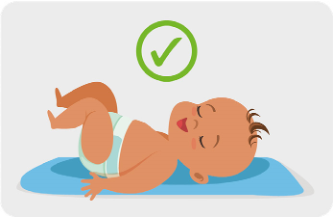
Green - If your child:
Has none of these
It is normal for a baby to take small pauses in their breathing for a few seconds, or to breath quickly for a short time. By 6 weeks of age they should have a more regular breathing pattern.

Has none of these
They probably don’t need urgent or immediate help.
Self care
Keep caring for your child at home. If you are still worried about your child, contact your Health Visitor or call NHS 111 – dial 111.



